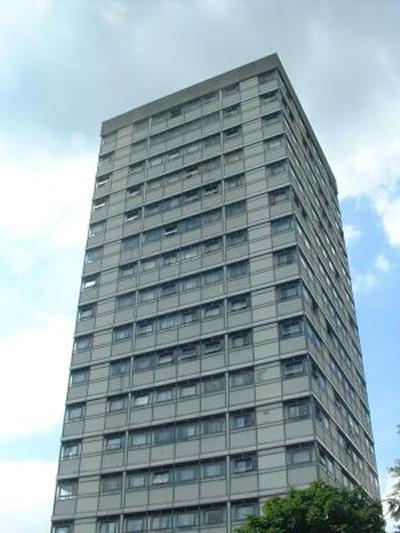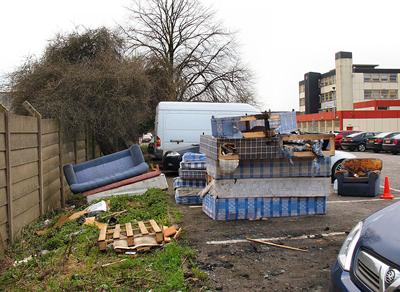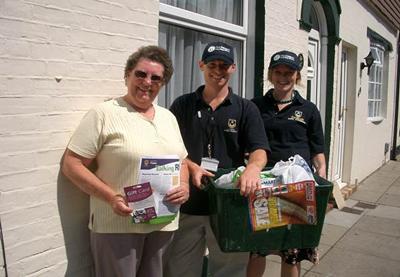Research project: Improving recycling in high-density housing
Strategies and Technologies for Sustainable Urban Waste Management: Project 7
Strategies and Technologies for Sustainable Urban Waste Management: Project 7

The purpose of was to:
To highlight problems in the management of domestic waste that are specific to high-density and high-rise housing.

The project focused upon domestic material flows in 2 areas of high-density housing:
The Portsmouth project was led by Ian Williams. This study aimed to investigate and evaluate recycling arrangements in medium and high density housing. In doing so, a comprehensive understanding of recycling in practice was developed. As well as presenting some practical recommendations about the design and implementation of services, the outputs from this study resulted in a new way of framing the landscape in which recycling occurs. The case studies published take a close look at arrangements and barriers (both physical and social) to recycling in high density housing and the effectiveness of behaviour change interventions in a higher density, urban environment. They show that recycling participation is by no means uniform: it is complex, fragmented and dynamic. Headline figures can mask hotspots of change and large shifts on a household level.

The case studies show the importance of taking a "twin track" approach: seeking to understand recycling on a macro, city-wide level, whilst recognising that households are not empty boxes, they are in themselves dynamic and bound in a wealth of social and psychological complexities. For medium and high density households the study has shown the difficulties and opportunities to achieve high levels of recycling. Significant investment is needed in order to stop the gap between the high and poor performing (in terms of recycling) widening. A new policy framework is required to stop inadvertently penalising urban (more deprived) authorities who are chasing recycling levels that may be out of reach is we pursue business as usual. To achieve truly sustainable waste management (in all households) policy shifts are needed outside the realm of control of waste managers.
One of the research outputs for this project was awarded the Institution of Civil Engineers (ICE) Baker Medal for 2010). The medal is awarded in recognition of services for the promotion of, or otherwise in connection with development in engineering practice, or investigation into problems with which Sir Benjamin Baker was specially identified.
Centre for Environmental Sciences
Sustainable urban waste management